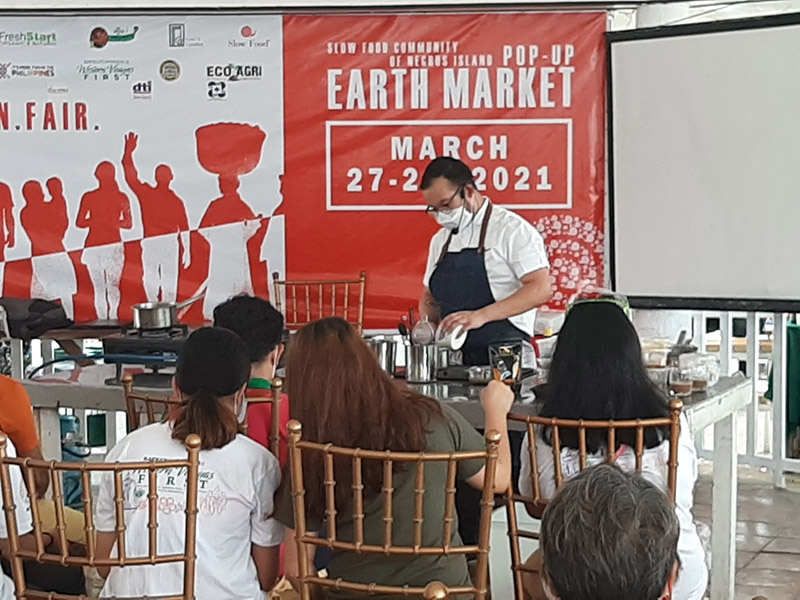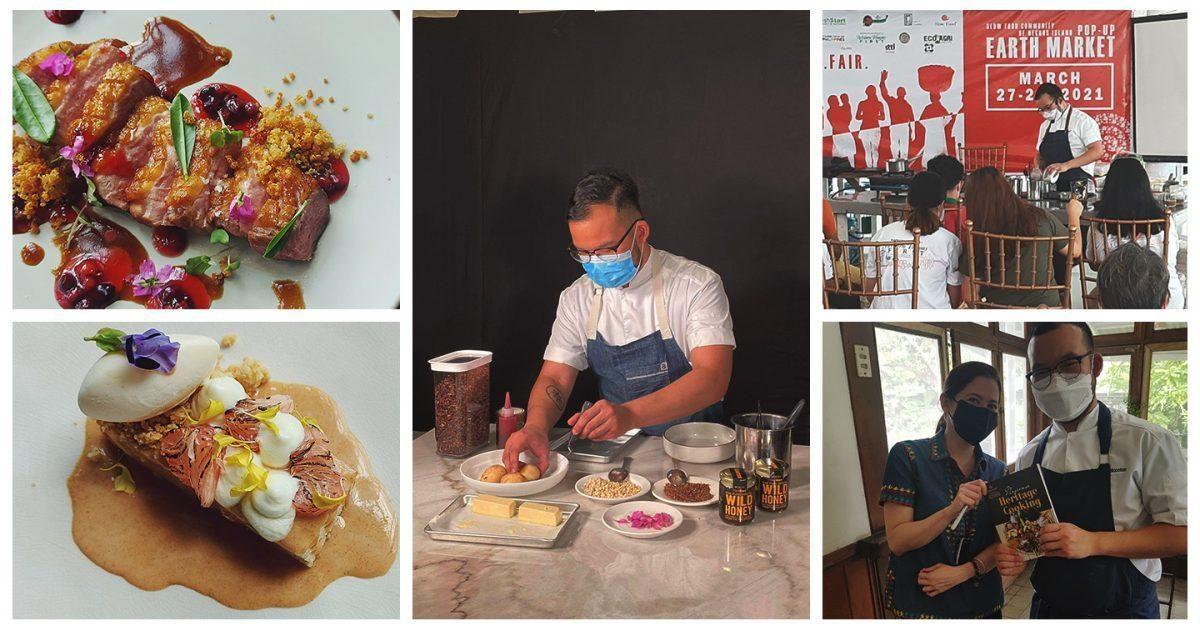BACOLOD, PHILIPPINES — Food is a universal language; rich, meaningful, and ever-evolving. Although we may come from different cultures and speak different tongues, we can still gather around the table and appreciate what a good, deliciously prepared meal means.
Now for those who spend most of their time in the kitchen, they know this to be especially true.
Case in point: Chef Gabriel Melocoton. As someone whose humble beginnings in Bacolod (or more specifically, in his lola’s kusina) eventually led him to food capitals such as San Francisco and Melbourne, he understands how truly diverse food can be. He emphasizes, however, that the value is not in the difference of cuisines and recipes, but in the singular power of food to create experiences and bring people together.
This is his exclusive interview with adobo Magazine:
Hi, Chef. I’m curious about your culinary journey. Growing up, where did the love for cooking start for you? And where has it taken you since?
I’ve always loved food, even from a very early age. My family life must have somehow cultivated that because I was always hanging out in my lola’s kitchen and asking the cooks about what they were making. My dad also liked coming up with different things for us to try because of a restaurant and catering business that he was running in the 80s.
Eventually, out of curiosity, I tried my own hand at cooking. It only took one recipe for me to realize how much I enjoyed it, and that’s how I decided that I wanted to pursue it professionally. I first left Bacolod to go to culinary school in Manila, after which I spent a year in the US for my internship.
Upon returning to the Philippines, I spent a little more time working in Manila. It wasn’t too long though until I decided to go to Australia for pastry school and gain some work experience there as well.
All these iconic countries and cities considered, what did you learn from working at each of them? How did you bring those lessons back to Bacolod?
It’s that anyone who works in a kitchen, whether a cook or a chef, must always respect the ingredients and the people who grow or raise them. In order to produce good food, we must always take the farmers, producers, and seasonality into account.
Is this, perhaps, where your interest in Slow Food stemmed? You’ve been making a name for yourself in that community recently.
Yes, but I’d also like to add that my interest started out of a desire to learn more about our Negrense culture and the local ingredients we have here. Always going to farmers markets back in San Francisco and Melbourne and seeing all the beautiful produce there has made me wonder about the possibilities here in our province.
Thankfully enough, the Slow Food movement in Negros is quite strong. It’s been eye-opening to work with such passionate farmers and producers, and I’ve learned so much about the many wonderful indigenous ingredients that we can source here. Not to mention, it’s interesting how our food is so closely related to our history.
That’s great to hear. Can you share, what are some of the accomplishments within the movement that you’re especially proud of?
Since the pandemic started, I’ve been very lucky to have worked with Slow Food Negros on some projects during the Terra Madre Salone Del Gusto 2020. In line with this, we created a dish that highlighted Ark of Taste ingredients, cooked for Department of Tourism Secretary Berna Romulo Puyat, launched the Slow Food Negros Heritage cookbook, and conducted a cooking demonstration using ingredients from local farmers and producers.

Congratulations Chef! It must have been quite the experience. Lastly, I’d just like to know– what else is in the works?
As of the moment, I’m continuing to work with local artisans, chefs, and farmers. We’re really trying to come up with new and interesting ways to elevate our ingredients and cuisine here in Negros.
As for Slow Food Youth and Slow Food Negros, we have a few projects in store– you just have to wait and see.













